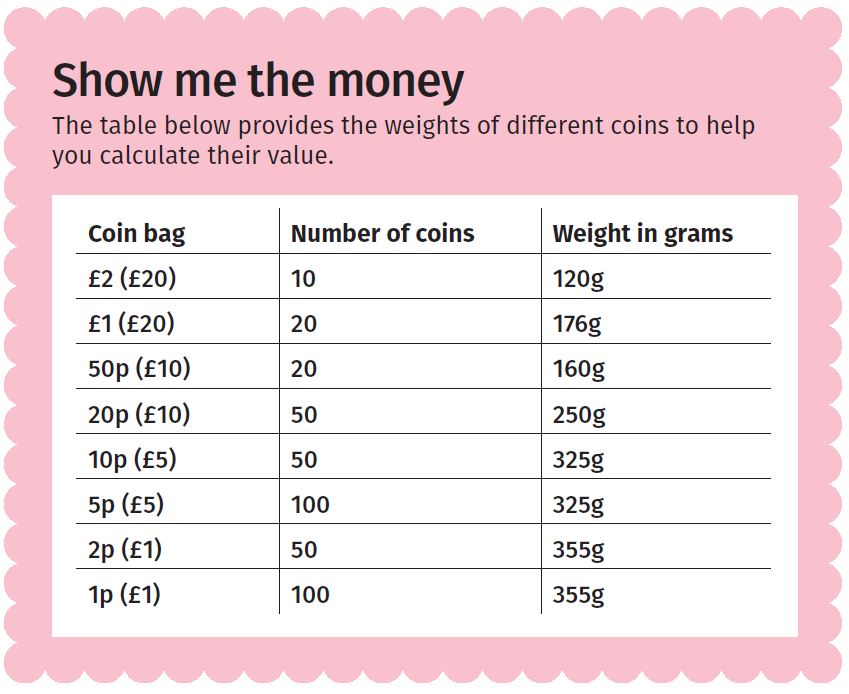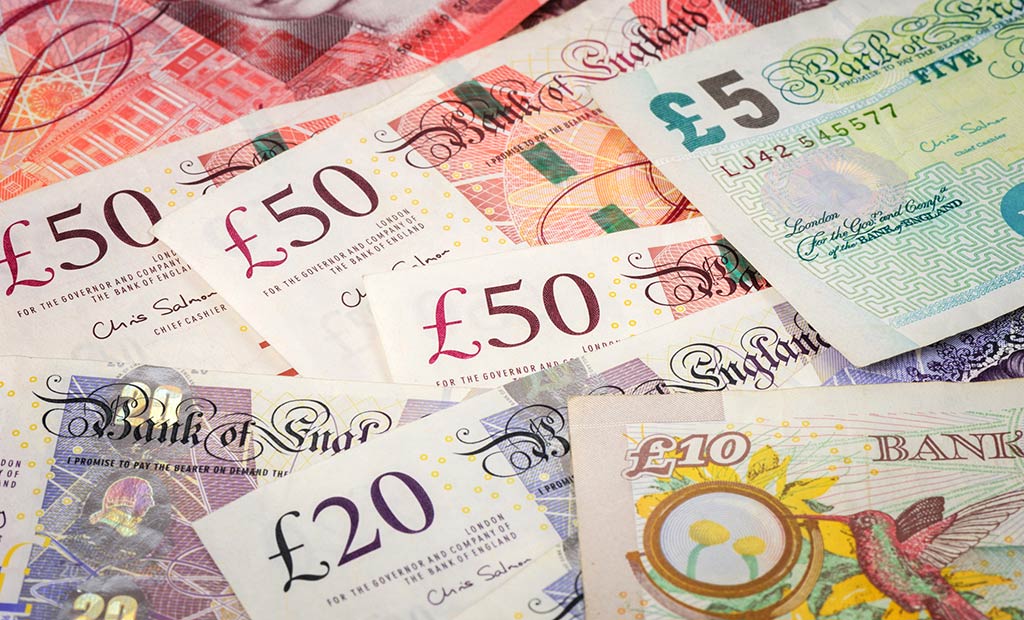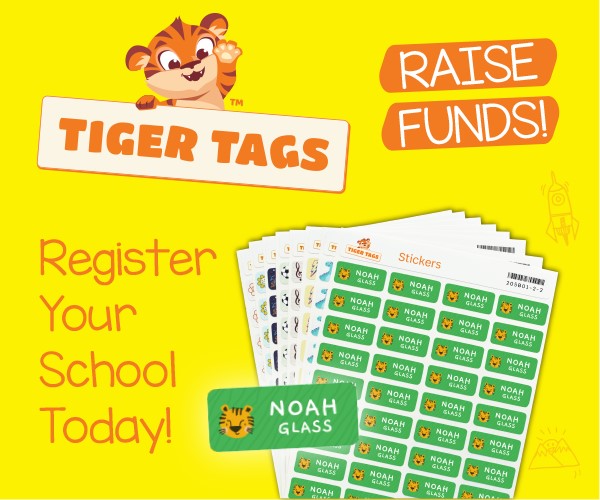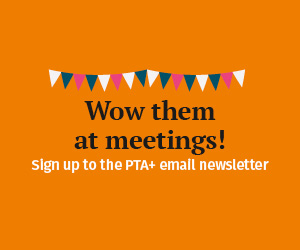While we hope no PTAs will ever find themselves out of pocket, we’ve compiled this list of things to look out for and ways to stay safe.
External stallholders
Many PTAs offer external stallholder pitches at their events. These are a great way to support local businesses, attract more visitors, add variety and relieve some of the pressure on your volunteers. Here are some things to consider when booking them to ensure your profits are protected in the event of a disagreement.
- Request payment in advance so stallholders are less likely to drop out. If they do cancel, your worst concern is the loss of an attraction, not your funds.
- If anyone should cancel, only agree to refund deposits by 50% up to a month before the event. This way, you still have some funds and time to find another supplier. Keep a waiting list of suppliers who couldn’t attend due to space in case you can offer the spot to someone else.
- Consider all risks in contracts and agreements, from rain leading to low turnout to the event being snowed off or postponed. It may take time to work out what to do in each of these scenarios, but once you’ve worked out a contract that covers all bases, you can use it whenever you book a third-party stall.
- Create a backup list of easy stall ideas in case of no-shows, or move stalls around to disguise the fact that someone is missing – walking in on an empty table won’t add to the atmosphere!
- If a product may not sell well at your fair, be open and honest with the supplier. Deborah May, chair at Warberry CofE Academy PTA, Torquay, told us how honesty can lead to success: ‘When potential stallholders ask to come and sell something at our events, I always ask what the product is and how much they charge. Some items are too expensive for our audience, so I advise the stallholder that they may not sell much, but they can still have a stall to get their name out there. This honesty means companies do not expect to make a great deal of money on the day. We’ve found many stallholders have had several orders throughout the year after the event thanks to attending. We always recommend they bring business cards or flyers.’
- Ensure the supplier is correctly insured, and if they’re not, ask if they can change their insurance so that it’s in line with requirements?
- Take a pitch fee instead of a percentage. Some PTAs have reported being short-changed by stallholders who offer to pay a percentage of their profits, because there’s no way of proving how much they took. Charging a pitch fee negates the risk and means you have money in the bank before the day.
Keep cash safe
Ensure money is kept safe at events by reminding volunteers to keep it secure and in sight at all times. Consider investing in bumbags so volunteers can keep PTA cash with them, and have two helpers visiting the stalls at regular intervals to remove excess cash and take it to a safe place.
Counting cash
If you need to count coins after a cash-heavy event, there are several options. Some bank branches have cash-counting machines you can use, but keep in mind that you may need to be a customer to access them. Bank staff also recommend counting the coins yourself before using the machine to ensure accuracy. Another option is to purchase a digital scale and weigh the coins before putting them in bags. Download a PDF version of our cash weighing table, which provides the weights of different coins to help you calculate their value. If you plan on holding regular events that involve receiving a lot of coins, it may be worth investing in a coin sorter to make the counting process faster and more efficient.
Counterfeit Notes
School events can attract those with counterfeit notes to pass on, so it’s wise to read up on how to avoid accepting them. The Bank of England offers free advice on how to check banknotes and avoid fakes.
Keep cash safe
Ensure money is kept safe at events by reminding volunteers to keep it secure and in sight at all times. Consider investing in bumbags so volunteers can keep PTA cash with them, and designate two helpers, who can visit the stalls at regular intervals to remove excess cash and take it to a safe place.
See also
- Find reputable suppliers in our directory
- Read about online payments







